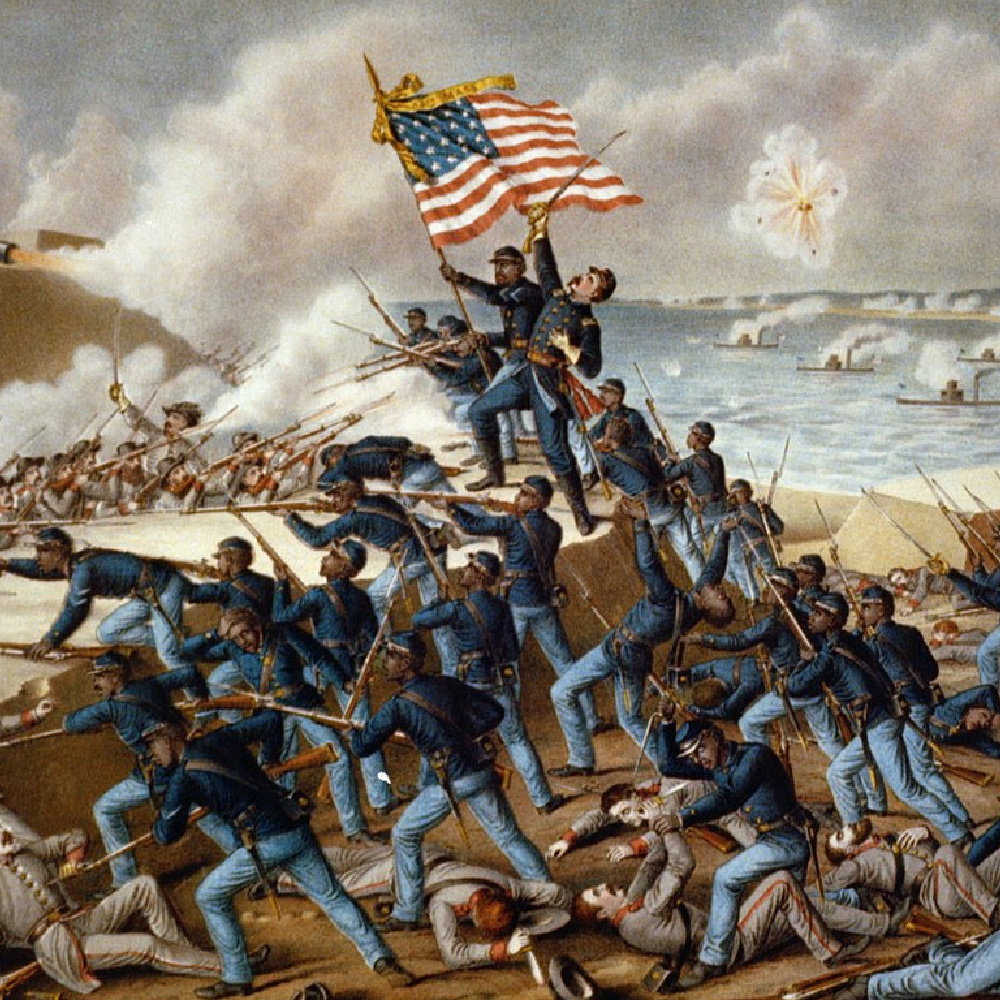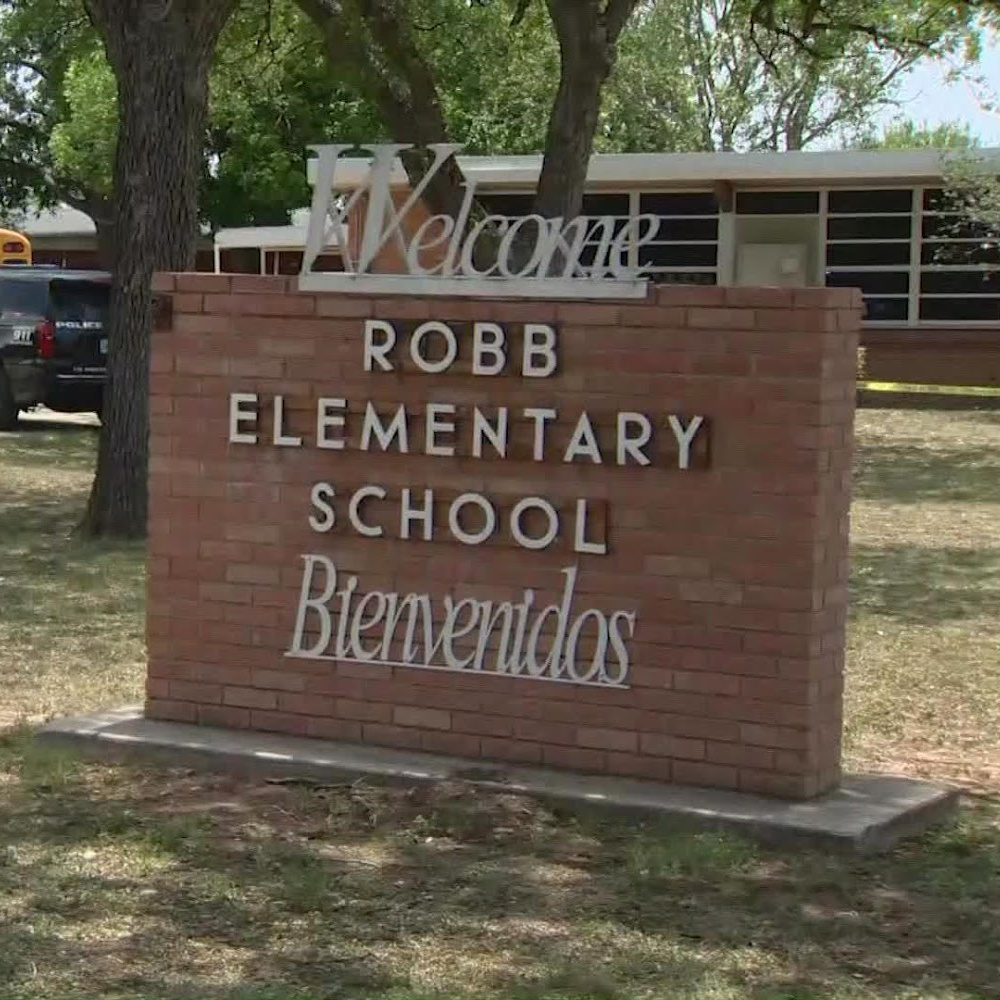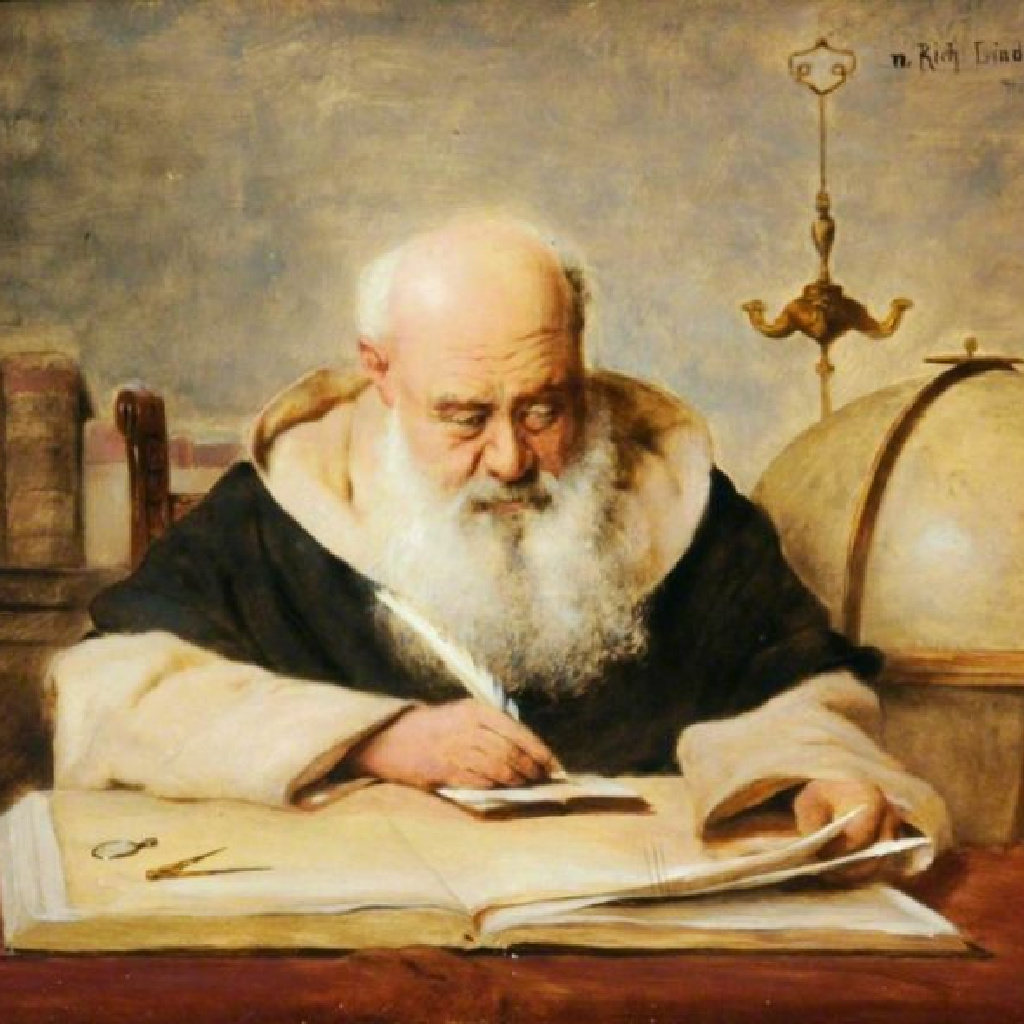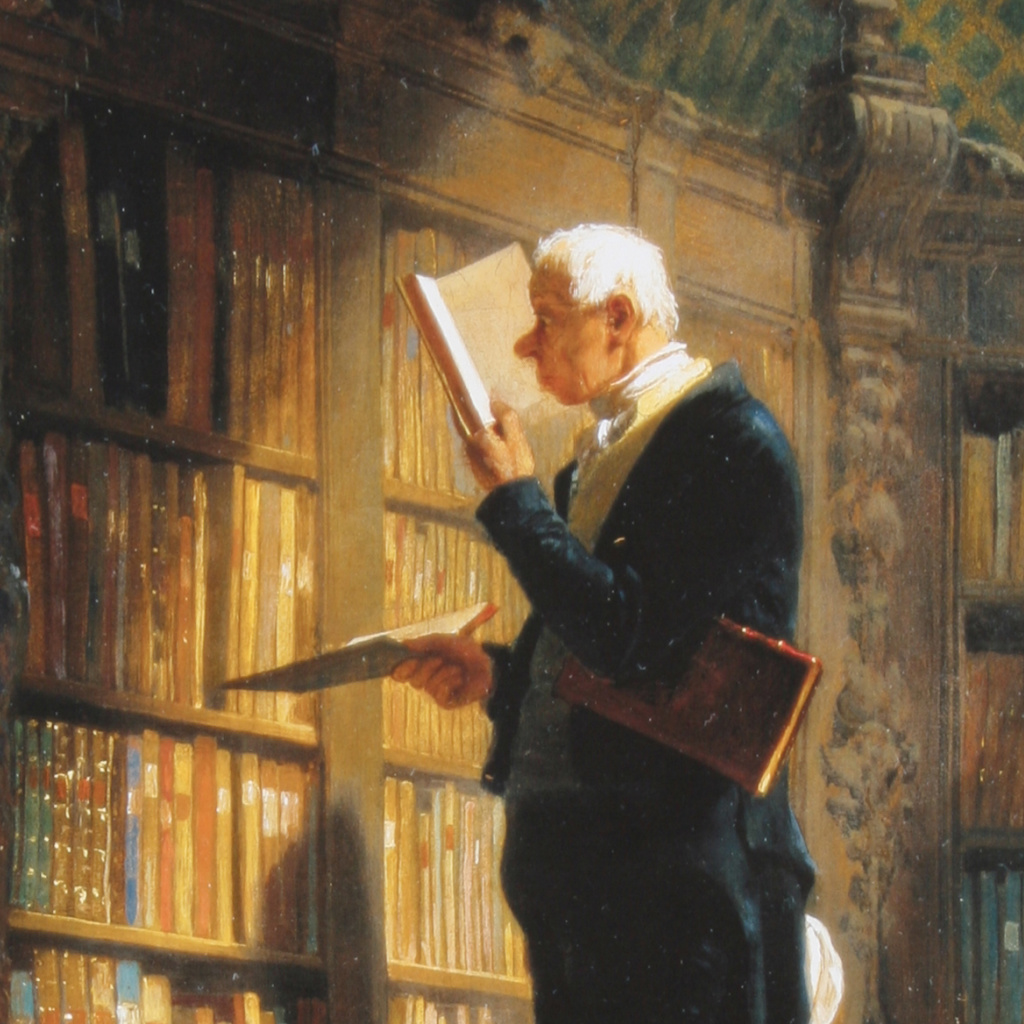
What You Said Makes Me Uncomfortable. Why Are You So Mean?
What does it mean when we’re deeply uncomfortable with what someone else has said? Has a great wrong been done? Christian teaching highlights another (uncomfortable) possibility.

What does it mean when we’re deeply uncomfortable with what someone else has said? Has a great wrong been done? Christian teaching highlights another (uncomfortable) possibility.

“I don’t see color.” To paraphrase Inigo Montoya, “you keep using that phrase. I don’t think it means what you think it means.”

“Never was so much owed by so many to so few.” That sentiment by Winston Churchill has been deeply felt by many over the years. Do we feel it anymore today?

Some of the charged responses to inexplicable tragedies like this are only understandable. And some are clearly standing in the way of both greater healing and more effective prevention of future violence.

Many believers have distanced from sacred conviction in order to be “neutral” researchers – without recognizing the alternative worldview they are embracing. There is a better way.

It’s important to raise our voices to defend truth. But especially in confusing and difficult moments, it’s also important to come together to seek a better understanding of the full truth of a matter.

The problem with HB 11 was not its failure to reach compromise on the question of transgender athletic participation, but limiting its scope to a single question, where only one set of competing interests could be served in the end.

Modern minds tend to exult in new ideas—while scoffing at those of the past. Could that hubris help explain some of our crises today?

The ongoing disaffection of educated church members in North America can’t be understood apart from the recent emergence of an appealing alternative religion.

Beware those who would use your good heart to deceive you into accepting bad arguments.

Are all refugees welcome, or only the ones who look like us?

To truly think critically requires more than rhetorical skill. It begins by cultivating the right feelings.